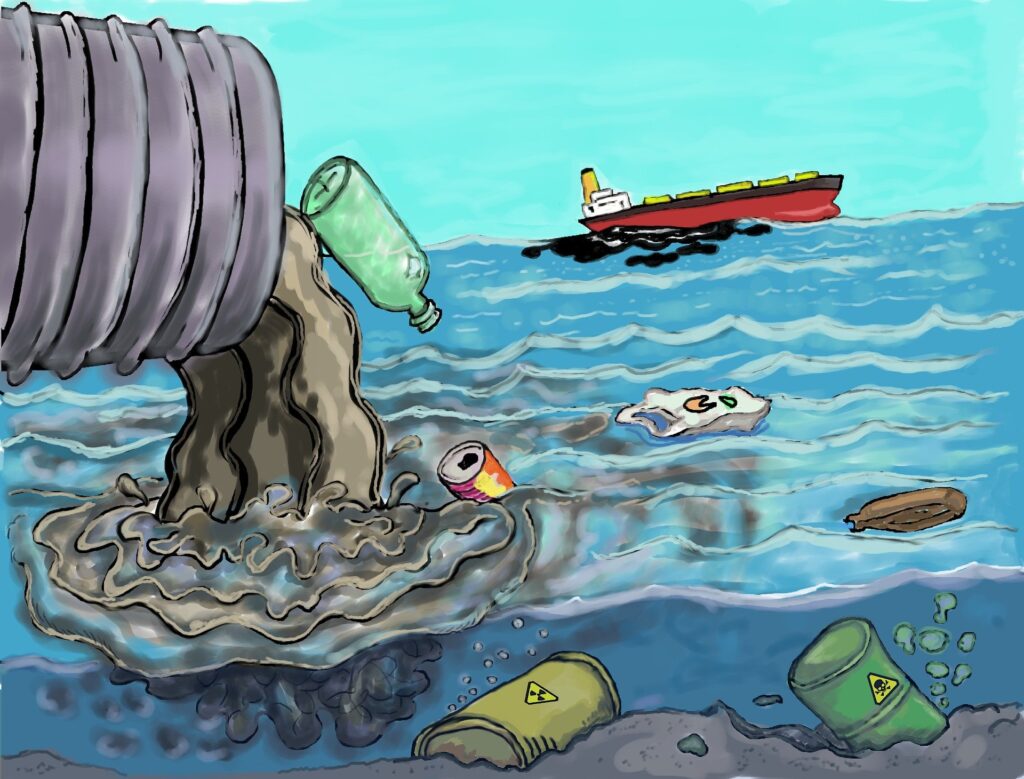TEM Principles, Imaging Techniques, Advantages, and Disadvantages
The Transmission electron microscope (TEM) is a special type of microscope that uses electrons to create high magnification images of the internal structure of a sample. Ernst Ruska designed and developed the TEM during his graduate studies under the supervision of Max Knoll in 1932-1933. However, the first commercial electron microscope was installed in IG Farben-Werke […]
TEM Principles, Imaging Techniques, Advantages, and Disadvantages Read More »









